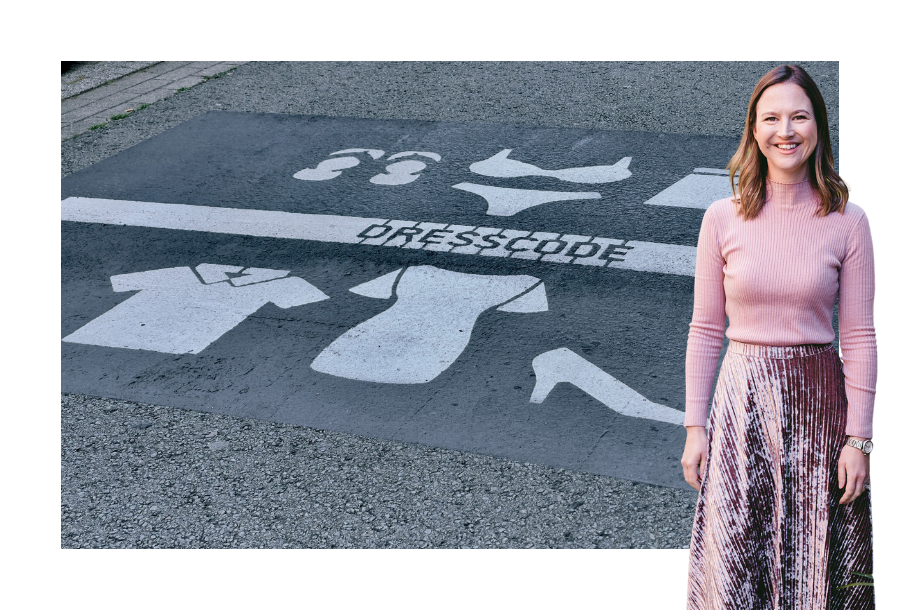Disclaimer Statements, Client Waivers + Consents
Helping you mitigate risk
Perfect for clients who run businesses as consultants or facilitators, or where your service involves a degree of risk, Canny Insight can work with you to provide customised disclaimer statements and client waivers to protect you and your business.
Disclaimer statements and client waivers and consents will confirm the limits of your service to clients, as well as remind clients of what they need to be aware of and where their own responsibility lies. Waivers and disclaimers are essentially a contract between you and the customer confirming that they accept the risks or conditions associated with your product or service, and they exclude you from liability (aside from any you are not legally allowed to exclude yourself from).
Client waivers can also be useful for any business owners providing goods or services that carry a level of risk with them, such as any sport or physical activities. They are also useful for photography businesses, or any businesses hoping to use photographs and videos of clients as a part of their marketing or for social media promotion.
Such statements may be provided to clients via your website, on the footer of your emails, or in any papers or slide materials you are presenting to clients. They may also be provided as a separate acknowledgement document to be signed by clients when accepting your services.
Having these statements or documentation thoughtfully prepared by a lawyer who understands your business means they will suit your business needs and adequately protect you when and where it matters.
For more information on how Canny Insight can help your business, check out our Blog.
Disclaimer Statements, Client Waivers + Consents FAQs
What Are Disclaimer Statements?
Disclaimer statements are legal statements that confirm the limits of an entity’s legal liability in relation to a product or a service.
They often will confirm that the entity will and won’t be responsible for in the delivery of goods and services, and may also set out any potential liabilities that may arise for the person receiving the goods and services.
What Are Client waivers + Consents?
Waiver and consent documents are slightly different from disclaimer statements as they are confirming that the person or entity receiving the goods or services is voluntarily surrendering certain rights in order to have those goods or services delivered to them.
So while a disclaimer statement is made from the point of view of the entity delivering, a waiver or consent is made from the point of view of the receiver of the goods and/or services.
Both types of agreements aim to acknowledge and confirm what rights and obligations are being relinquished.
Why Are Disclaimer Statements Important?
Disclaimer statements are important in protecting your business from potential legal liability.
They let the other party know from the outset that you will and won’t be responsible for, and this explicit written acknowledgement by them can be crucial if a dispute about a product or service ever arises in the future.
When Do I Need A Disclaimer Statement?
If you feel your product or service is one that needs a futher confirmation that your business is not responsible for certain outcomes that may occur as a result of the use of that product or service, you need a disclaimer statement.
It is also becoming increasingly necessary for websites to contain disclaimer statements in their website terms of use or terms and conditions.
For example, a disclaimer statement will confirm that your business cannot be held liable for any improper use of your website, or any potential viruses that might be shared with a user via your website links.
It’s important to outline the limits of your legal liability and confirm you cannot be held responsible for circumstances outside of your control.
How Do Client Waivers Help My Business?
All legal liability waivers and disclaimers are important for businesses in adding another layer of protection from legal claims being made against your business.
While your legal obligations cannot be contracted out of, having written agreements confirming that people will willingly signed one while being made aware of potential risks from the outset will mean it is harder for a person to substantiate a claim against your business.
Waivers and disclaimers are similar to insurance, important to have as protection.
What Are Client Consent Forms Used For?
Client consent forms are a really important means of providing evidence of informed consent in writing.
A very clear example is the types of consent forms you sign before having a medical procedure.
These will very clearly outline all of the potential risks and outcomes you might face and once you have signed, the form can be used in the future to show that you knew and understood the risks, and yet wanted to go ahead with the procedure anyway.
Not only do client consent forms show that the person was a willing participant, but they also confirm that you, as the business owner, have properly outlined all of the information needed for them to be informed of the risks before providing their consent to participate.
While you may not be a medical practitioner, you might be working in the wellness space, as a personal trainer, in beauty services, or in coaching, training or development, and should have client consent forms in order to ensure clients are properly informed about the services or procedures and have consented to any potential unfavourable outcomes.



